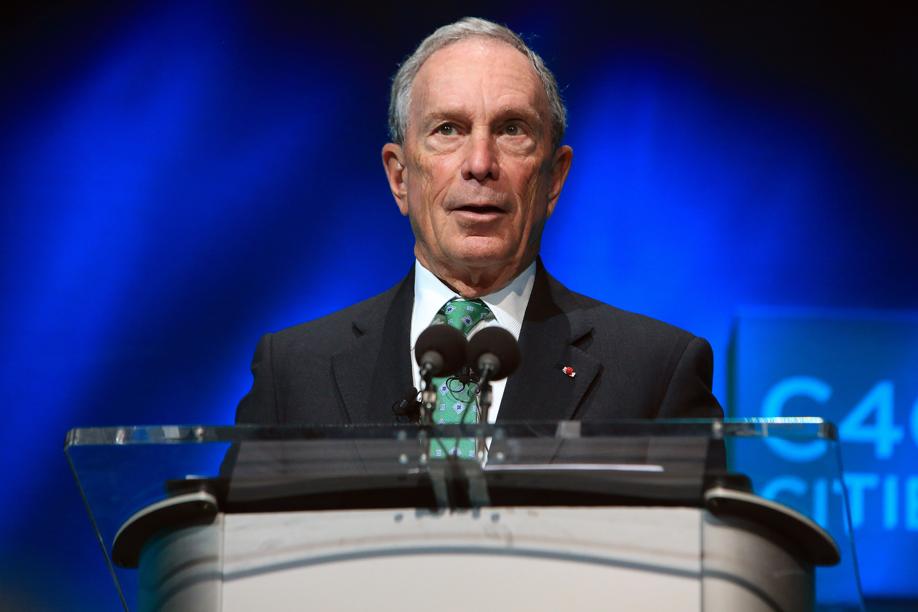
If former New York mayor Michael Bloomberg actually jumps into the race, he’ll be joining a large crowd of third-party presidential candidates — none of whom have reached the White House in the modern era. See how many you remember.
1This presidential candidate ran unsuccessfully as a Libertarian in 1988 and as a Republican in 2008 and 2012. This year his son is running as a Republican.
2This presidential candidate ran as a Dixiecrat — formally known as the States’ Rights Democratic Party, a short-lived group created after the Democrats endorsed racial desegregation of the military. The candidate ran on a pro-segregation platform. He lost the 1948 presidential race but later had a long career in the US Senate.
3Twenty years later, this candidate ran as the candidate of the American Independent Party — also on a pro-segregation platform. He won electoral votes in several states in the Deep South.
4When Al Gore lost the presidential race to George Bush in 2000, many Gore fans blamed the outcome on the presence of this third-party candidate. His votes, they argued, would otherwise have gone to Gore.
5 This candidate ran as an independent in 1992 and was blamed by some supporters of George H.W. Bush for Bill Clinton’s win.
6This candidate ran on the Progressive Party ticket in 1924. Known as a government reformer and outspoken opponent to US involvement in World War I, he had a long career as a US senator from Wisconsin.
7This former Whig president was nominated by the nativist American Party — commonly known as the Know Nothings — in 1856.
8This Democratic presidential candidate also received the nominations of two other parties in 1896: the Populists and the Silver Republicans. Even with all that support, he lost to Republican William McKinley.
9This former Republican president formed a new party in 1912 and ran as the nominee of the Progressives — better known as the Bull Moose Party. In addition to Democrat Woodrow Wilson and Republican William Howard Taft, he was up against Socialist Eugene V. Debs. The winner was Wilson.
10When Republican Abraham Lincoln won the election of 1860, he was up against candidates from three other parties. How many can you name?
Answers 1. Ron Paul 2. Strom Thurmond 3. George Wallace
4. Ralph Nader 5. Ross Perot 6. Robert “Fighting Bob’’ La Follette 7. Millard Fillmore 8. William Jennings Bryan 9. Theodore Roosevelt 10. Southern Democrat (represented by John C. Breckinridge), Democrat (represented by Stephen A. Douglas), and Constitutional Union (represented by John Bell)



